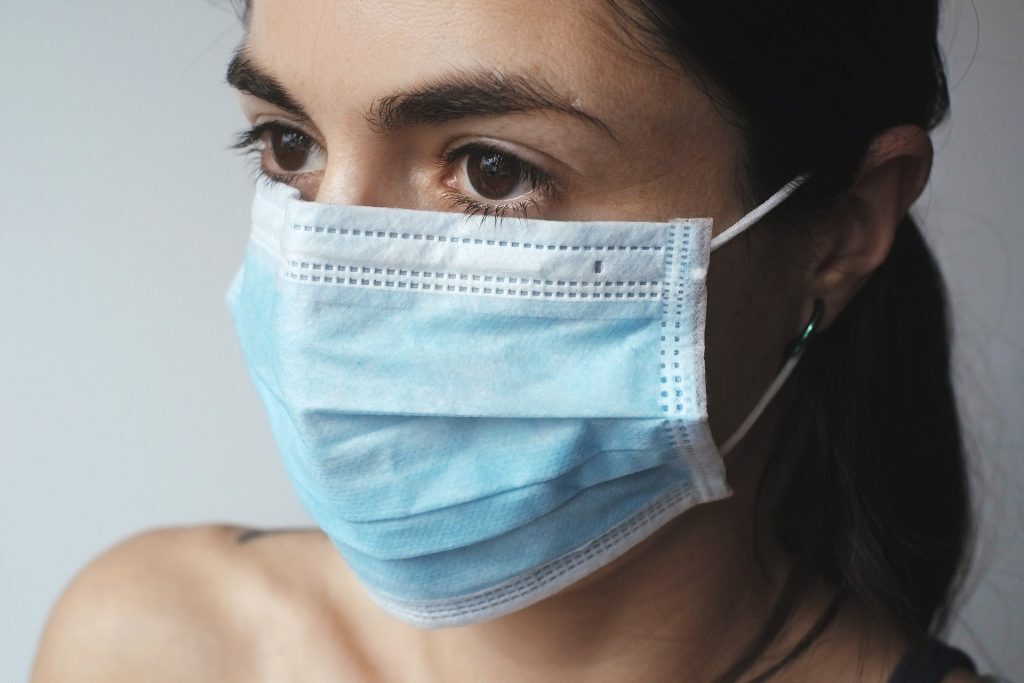Things are getting more serious as we’re getting closer to tonight’s lockdown. There are queues at shopping centres and chemists, parking lots are jammed with traffic, people are wearing masks and bandanas — but what happens after lockdown?
Something that you should be aware of is that your rights as a South African have changed — specifically those rights pertaining to bodily autonomy. According to the regulations governing South Africa’s lockdown, some of your autonomy has been stripped away. If, that is, you’re carrying around COVID-19, have had contact with someone who is, or are suspected of having COVID-19.
For your own good?
Regulation 4 of the newly-gazetted er… regulations specifies that folks in South Africa (citizens and non) who have, have had contact with, or are suspected of having COVID-19 are not permitted to refuse a medical examination, treatment, or being sent to involuntary quarantine. This can include having bodily fluids taken — quite a big deal if you’re keen on your bodily autonomy.
Lara Kerbelker and Justin de Wet from Webber Wentzel have explained the consequences a little further for us: “If a person refuses to comply with an instruction to do the above things [submit to testing, prophylaxis, bodily sample, isolation or quarantine], they must be placed in isolation or quarantine for 48 hours pending a warrant from a magistrate.”
“It is also important to note that the regulations clearly indicate that no person is entitled to compensation for any loss or damage arising from the actions or omissions of enforcement officers under the regulations.”
 How all of this shakes out is up to all of us, as well as the courts, to decide. The sneakiest bit of language in the regulation is “…is suspected of having contracted COVID-19”. It’s that bit that can be exploited or misused, as well as contested in court. But the fact remains that if you’re out of your house (please don’t be out of your house) and are stopped while displaying flu symptoms, you might be subjected to involuntary testing. But you’re also a South African and you can refuse it. Refusal will be met with detainment as the courts do their thing and while you may triumph, you may spend the duration of lockdown away from home.
How all of this shakes out is up to all of us, as well as the courts, to decide. The sneakiest bit of language in the regulation is “…is suspected of having contracted COVID-19”. It’s that bit that can be exploited or misused, as well as contested in court. But the fact remains that if you’re out of your house (please don’t be out of your house) and are stopped while displaying flu symptoms, you might be subjected to involuntary testing. But you’re also a South African and you can refuse it. Refusal will be met with detainment as the courts do their thing and while you may triumph, you may spend the duration of lockdown away from home.
Which isn’t to say that we — and you — should endorse this suspension of human rights. Any attempt to normalise the suspension of bodily autonomy once the lockdown and the COVID-19 crisis are over should, and must, be fiercely resisted. But perhaps not right now.
South Africa has a very large, vulnerable population. Odds are, if you’re being tested by the authorities, you’re not going to wind up on a ventilator. But you could be the cause of someone else’s time in hospital if you’re roaming around unchecked. If you’re forced to be tested, do the test. Or, better yet, just stay in your house.




